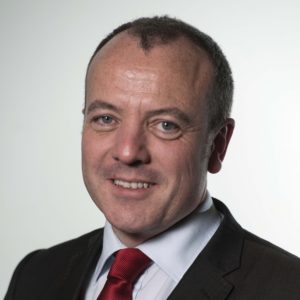Ministers have confirmed that funding from a tax on sugary soft drinks will continue to be ring-fenced for school sports until 2020.
The government has plans to double the value of the primary PE and sports premium to £320 million from September by using some of the funds from the new tax.
The levy, which the government has said will raise £520 million, will also pay for an extended school day at 25 per cent of secondary schools in the most disadvantaged areas of England, and fund the expansion of healthy breakfast clubs.
The move, announced in last year’s budget, was welcomed by many in the schools community, but there is disquiet among some government MPs on whether it will raise the amount ministers have promised.
The funding will continue to be ring-fenced to assist schools in developing PE and extracurricular sport activities
Facing questions in Westminster Hall on Tuesday, schools minister Nick Gibb insisted that a large chunk would still be used to improve sports.
“The funding will continue to be ring-fenced to assist schools in developing PE and extracurricular sport activities and to make long-term improvements that will benefit pupils joining the school in future years.”
Gibb said the increased funding would allow schools to “build on the progress made through the existing premium.
“It will enable them to hire qualified sports coaches, provide existing staff with training or resources and introduce new sports and activities that encourage more pupils to be healthy and active.”
But Will Quince, a Conservative MP, warned there was “no way of saying” how much money would be raised from the levy, and said the government should instead be investing in school sports through other means.

“If we are saying that the issue is important . . . and that it will have a massive impact on childhood obesity and public health, we should invest in it.
“We should not be giving schools funding that is not sustainable.”
Sarah Wollaston, a former GP who chairs the health select committee, called for the remaining revenue from the levy that is not spent in schools to be ring-fenced for children’s public health programmes, rather than funding the expansion of academies as part of the Department for Education’s general budget.
“Now that there has been a change to the policy objective of forced academisation, the sugary drinks levy would command far greater public support if every penny of it was hypothecated to public health measures to support children.”
Mike Kane, the shadow schools minister, welcomed the investment in the sports premium for primaries, but said the government needed to go further.
“A legacy for school sport is about looking beyond primary-age provision and competitive sport initiatives,” he said. More pupils of all ages participating in school sport should be “fundamental to a comprehensive strategy”.



Your thoughts